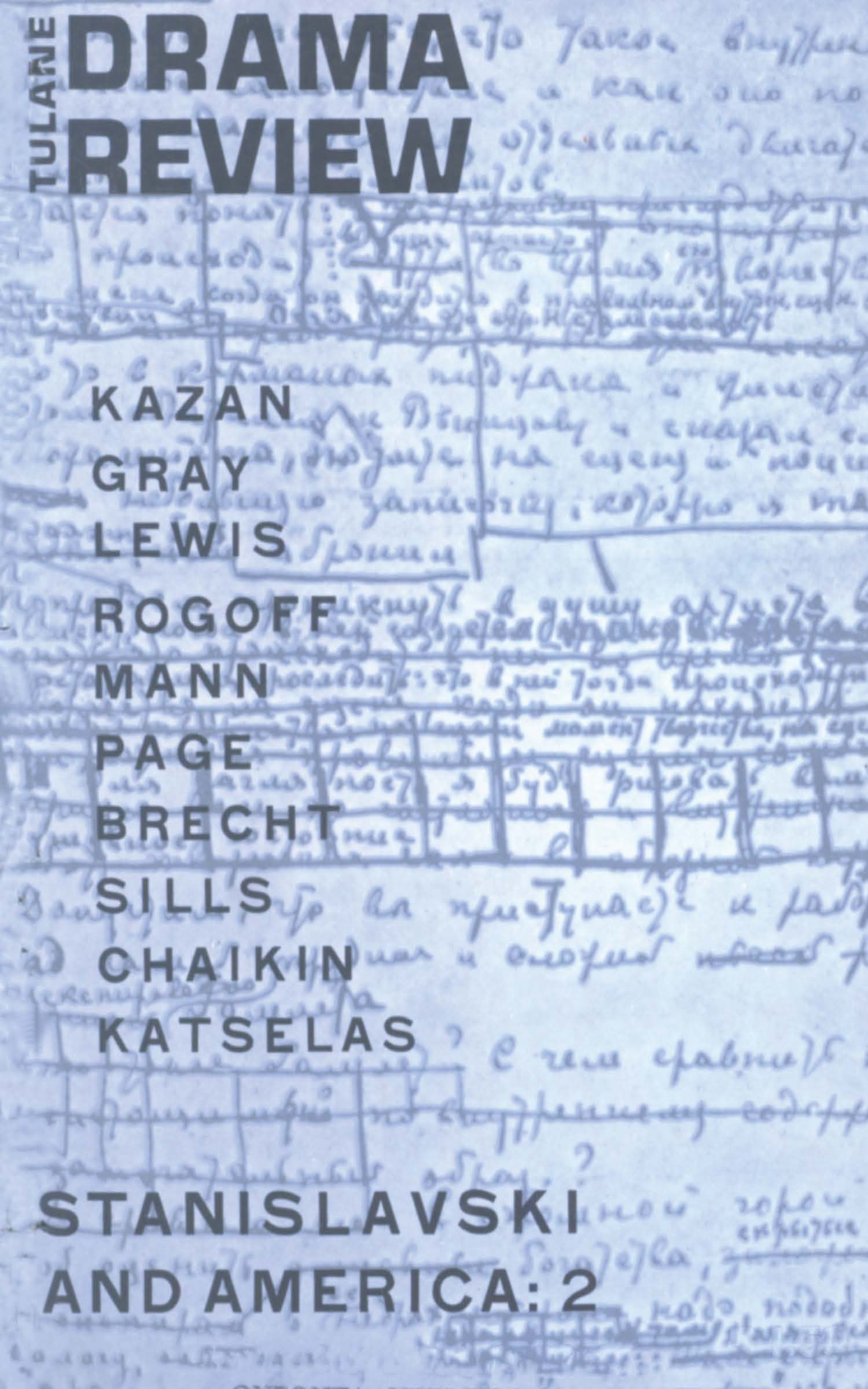No CrossRef data available.
Article contents
Suffering and Punishment in the Theatre of Georges Feydeau
Published online by Cambridge University Press: 23 November 2021
Extract
The theatre of Georges Feydeau, neglected for over a generation, has known in recent years a rebirth of popularity to which numerous revivals of his comedies (both in France and elsewhere) can attest, as well as increased study by theatrical commentators and critics. No doubt there is in this vogue an element of the snobbery and aesthetic affectation that always accompanies such a “rediscovery.” In Feydeau's case this is paradoxical. Of all writers he would have been the first to ridicule any such pretensions of a would-be intellectual elite to espouse a fashionable cause. Yet there is certainly more to the Feydeau-vogue than mere affectation; and if the popularity of this genial playwright during our own generation is to rival his uncontested success of fifty years ago, it will, for the most part, be motivated by a serious appreciation of his production.
- Type
- Research Article
- Information
- Copyright
- Copyright © The Tulane Drama Review 1960
References
Notes
1 Capus, Alfred, “Discours aux étudiants,” printed in Boulevard et coulisses (Paris: A. Messein, 1914), p. 83.Google Scholar This translation is my own, as are the others appearing throughout these pages.
2 Cassou, Jean, “Le Ge'nie syste'matique de Feydeau,” Cahiers de la Compagnie Madeleine Renaud Jean-Louis Barrault, January 1956, p. 60.Google Scholar
3 This and subsequent citations from Feydeau's theatre are translated from his Theatre Complet, 9 vols. (Paris: Le Belier, 1948-56).Google Scholar
4 See Achard's, Marcel Introduction to Vol. I of Feydeau's Théâtre Complet, p. 17.Google Scholar
5 An adaptation of this play, by myself, appears in the present issue of TDR under the title Going to Pot.
6 This is the title used by Mr. Brainerd Duffield in his recent English translation. See Bentley, Eric, ed., Let's Get a Divorce! and Other Plays (New York: Hill and Wang, 1958).Google Scholar The same comedy has also been adapted by Noel Coward as Look After Lulu.
7 The most recent English version of this comedy is Glenville's, Peter Hotel Paradiso (London: Heinemann, 1957).Google Scholar




